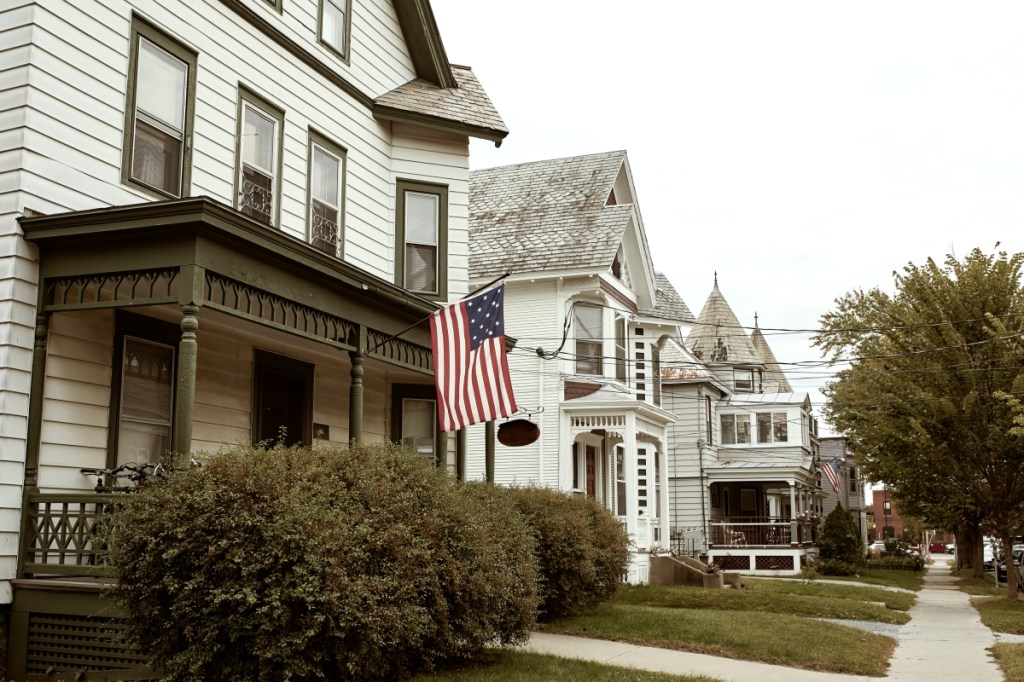It had to happen eventually. For the first time since December 2019, purchase mortgages represented a higher percentage of closed mortgages than refinances.
Purchase mortgages rose to 51% of closed mortgages in June, up from 47% in May, according to the latest origination report from ICE Mortgage Technology (formerly Ellie Mae). Refinances represented 48% of closed loans.
“While we are still seeing a strong refinance market, including the continued growth of cash-out refinances, the traditional summer purchase market is clearly evident in the data,” Joe Tyrrell, President of ICE Mortgage Technology, said in a statement that accompanied the report.
The origination report found that the average time to close all loans decreased to 49 days in June, a decline from 53 days in May. The average time to close a refi decreased to 48 days from 55 days in May. Things were a bit slower in purchase – the average time to close one hit 51 days, up from 50 days the month prior.
The data show closing rates for all loans decreased to 75.3% in June, down from 76.9% in May. Closing rates on refinances fell to 74.6% in June, down from 77% in May. Closing rates on purchase mortgages dropped to 76.3% in June, a small drop from 77% in May.
Non-QM misperceptions hinder originators’ volume potential and health of the mortgage industry
There’s a great deal of false information floating around regarding non-QM loans. That’s why Angel Oak strives to educate originators on the power of non-QM.
Presented by: Angel Oak
The data is based on a representative sampling of the mortgage applications initiated on ICE’s Encompass Lending Platform.
Six months prior, in December 2020, refinances comprised 60% of total closed loan volume. According to ICE’s report, 78% of loans originated in June were conventional, 11% were FHA and 7% were VA, virtually the same from May. The average 30-year fixed-rate mortgage was 3.22% in June, down from 3.27% in May but up from 2.93% in December 2020. A year ago, the average 30-year fixed rate was 3.40%.
Rates have fallen since June, largely due to economic anxiety related to COVID-19 cases and a commensurate drop in 10-year treasuries. In mid-July, the Federal Housing Finance Agency rolled back the adverse market fee, which had added 50 basis points to most refinanced mortgages.






